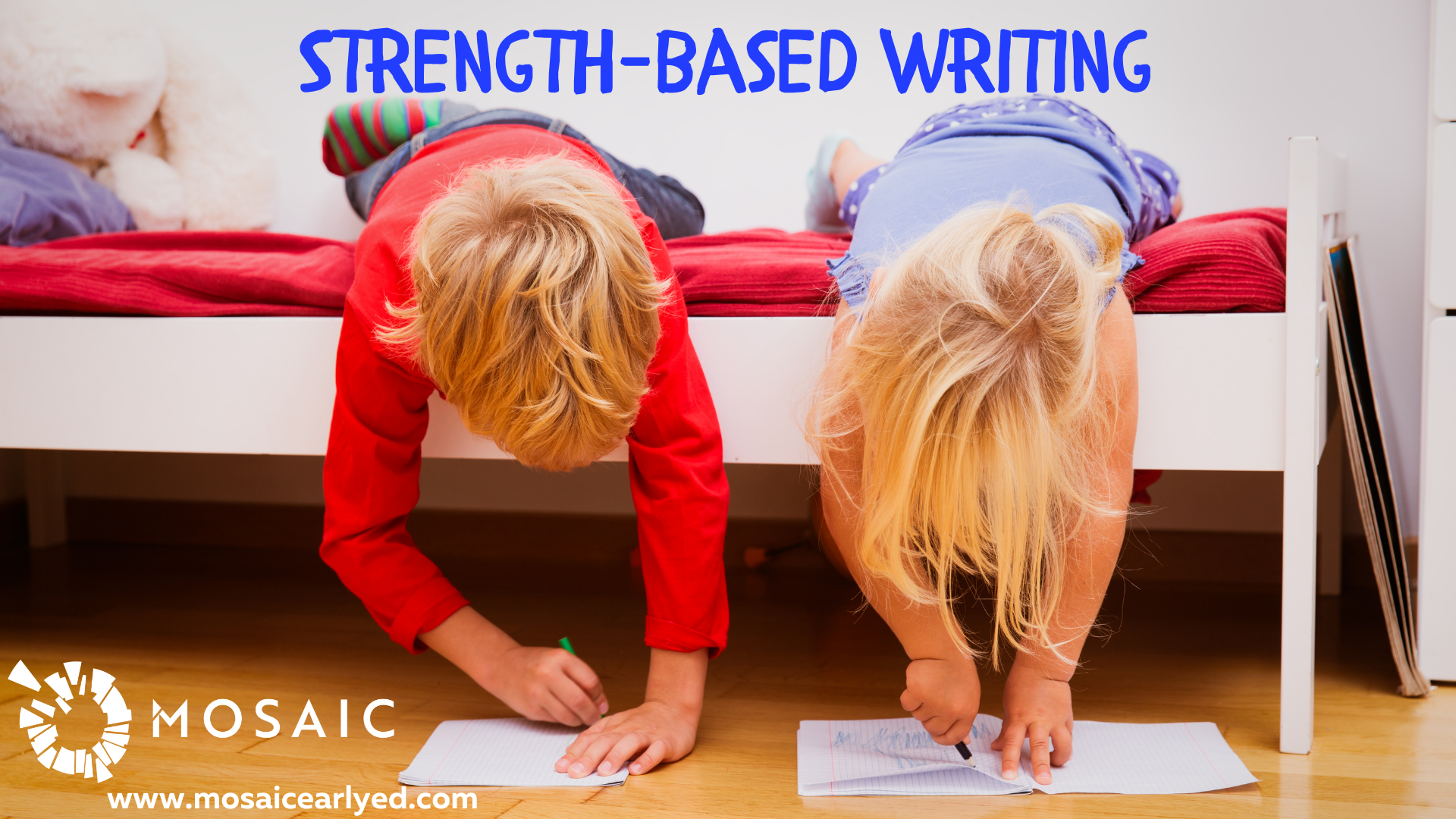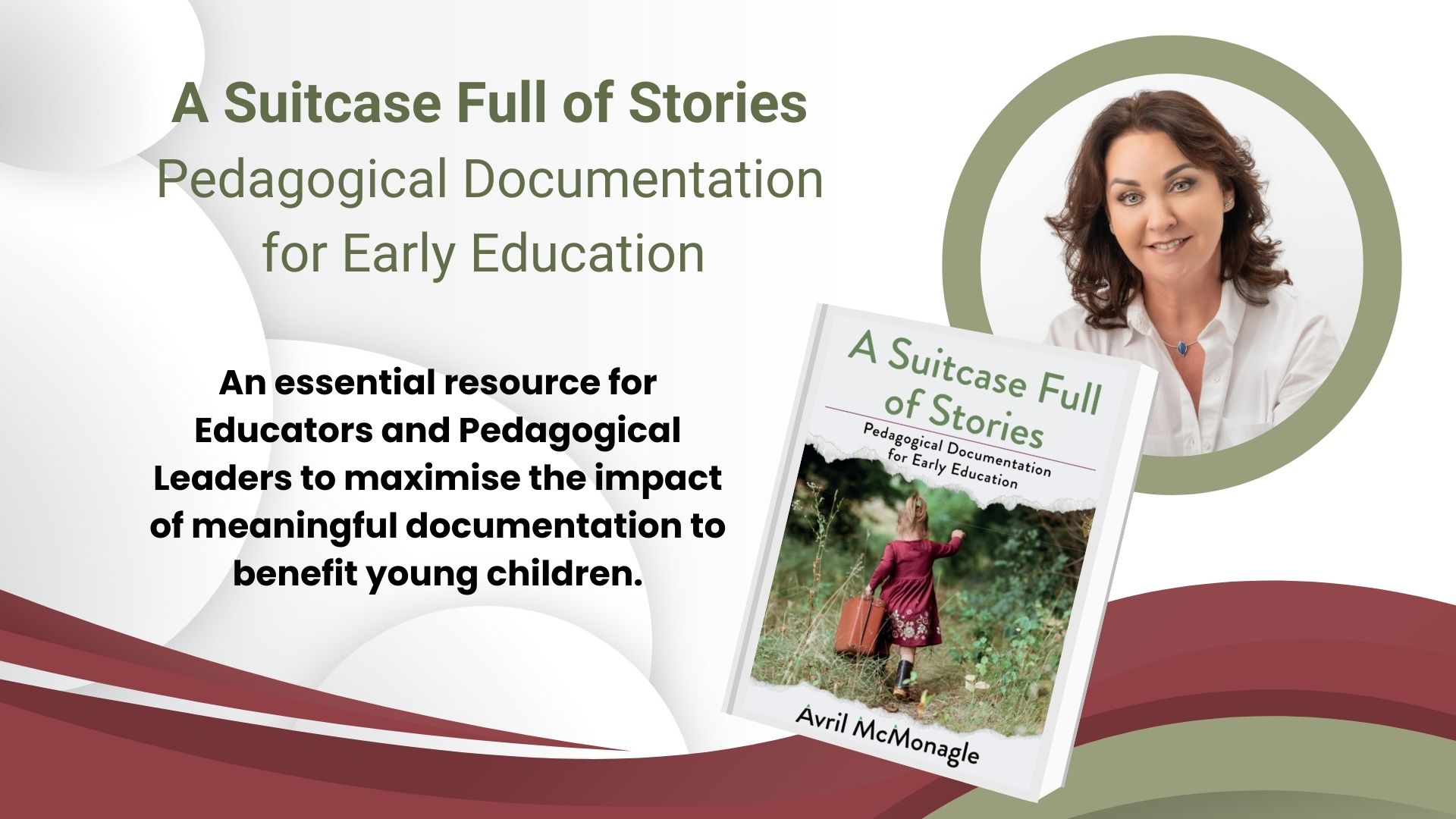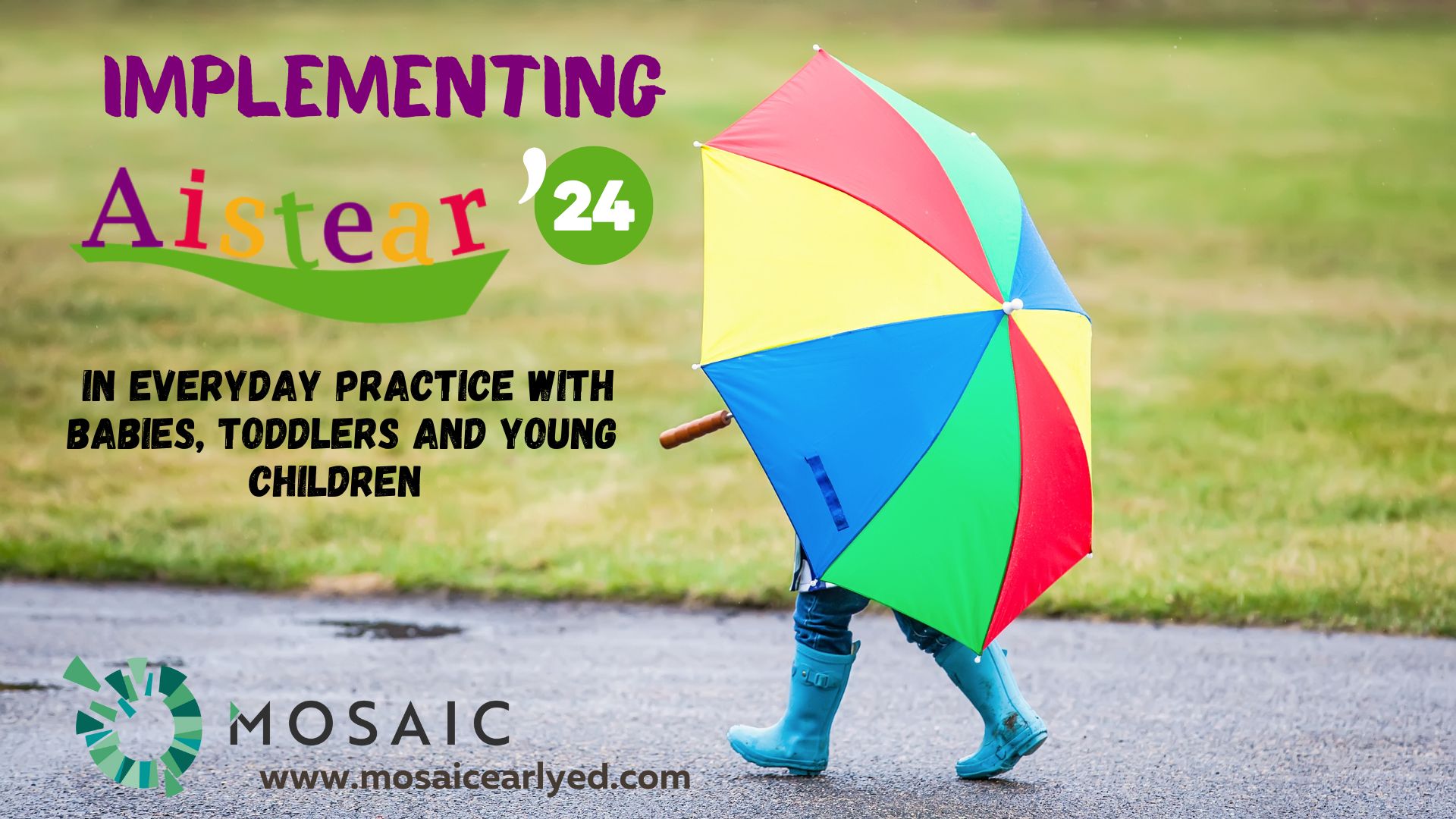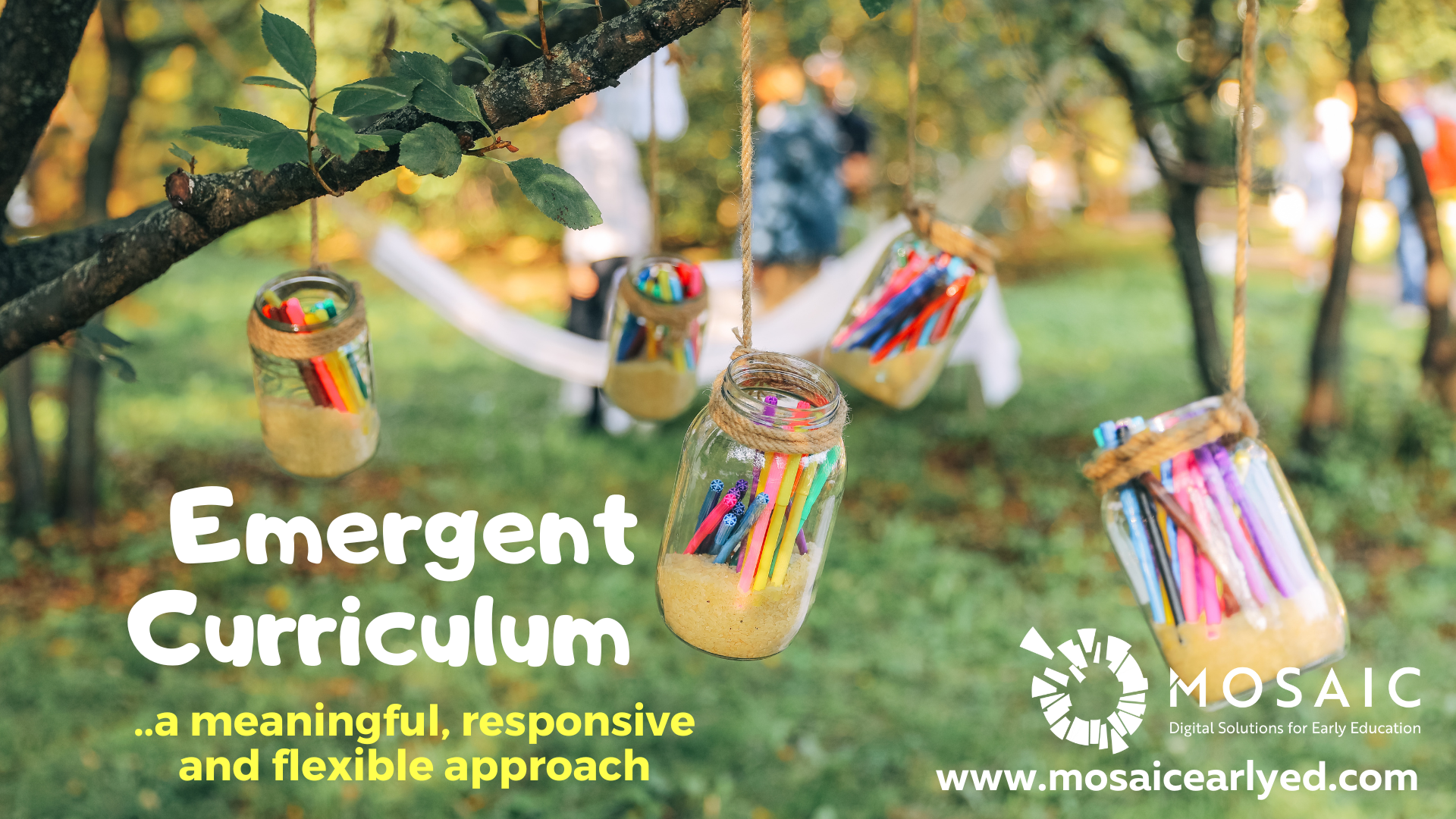Strength-based Writing (2nd ed. April 2023)
Programme Introduction
The Strength-based Approach is a meaningful and real style of writing about children in a way that starts with what they can do. It starts with where the child is now, not with what is absent, and highlights where the child can go with additional support.
The ‘Strength Based Writing’ programme will support Educators to focus on professional writing techniques when compiling Transition Reports or Snapshot Reviews. Practical examples of strength-based writing in different formats are included.
The Resource Documents section contains printable handouts to support the programme content and a Certificate of Participation is saved to the educator profile on completion.
*PLEASE READ YOUR 'NOTES FOR THE COURSE' BEFORE STARTING YOUR PROGRAMME*
Programme Content
- An overview of the approach outlining what it is, what it isn’t !
- Underpinning Principles of the Strength-based Approach
- Highlights how strength-based writing is connected to, and works in harmony with, other key pedagogical strategies.
- How to frame positive strengths, suggestions for supporting learning and framing areas where there is challenge.
- Allows the educator to see examples of how different learning scenarios are written.
- PDF Additional Handout with sample assessment comments provided for download
Key Learning Outcomes
Component 1 - 'What is the strength-based approach'. The learning from this will include the principles that underpin the approach and why it is particularly suitable for early childhood education. Participants will also become familiar with a range of different child strengths and attributes.
Component 2 - 'What do different strengths look like'? Educators will learn to recognise and identify a range of strengths and dispositions.
Component 3 - 'The Key Elements of Strength-based Writing'. The learning from this piece ensures that Educators have a range of ‘prompts’ for providing narrative commentary about children.
Component 4 - 'Practical examples of strength-based writing’. The learning from this piece will ensure that Educators have a sound understanding of each type of comment and what they are aiming to convey.
02 Hours
€20.00
Presentation with video/audio
Easy to follow components
Downloadable reference documents
Test multiple choice questions
Certificate of Completion
You may also like
A Suitcase Full of Stories - Book information feature
0.5 Hours
Free
'Implementing Aistear 2024'
2.5 Hours
€25.00
Emergent Curriculum (2nd ed. April 2023)
2.5 Hours




